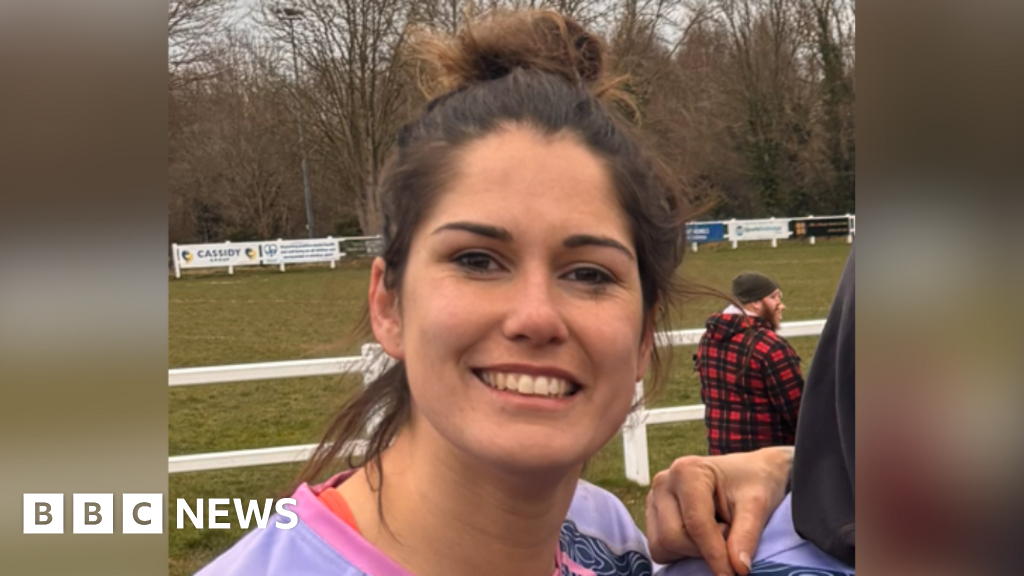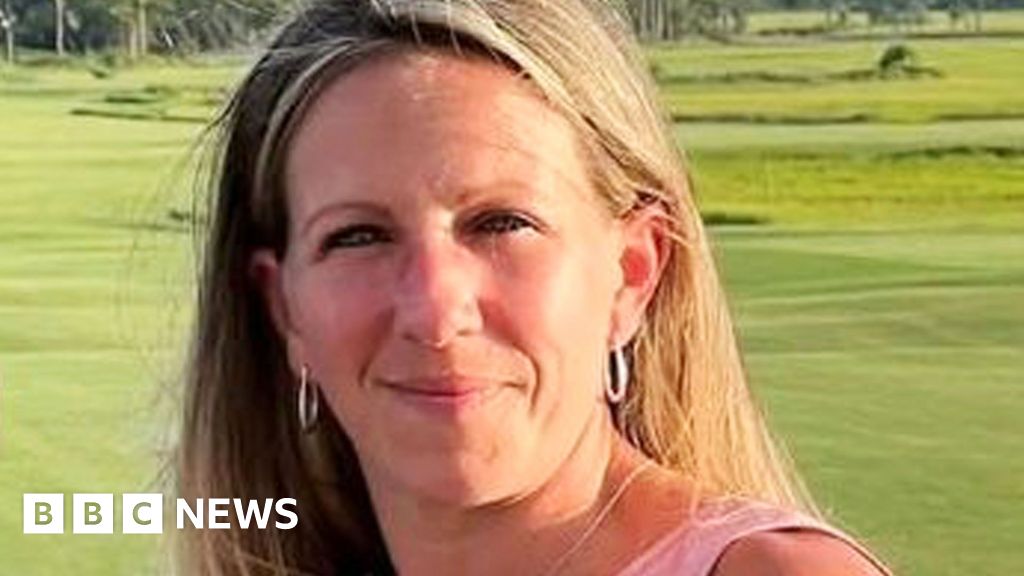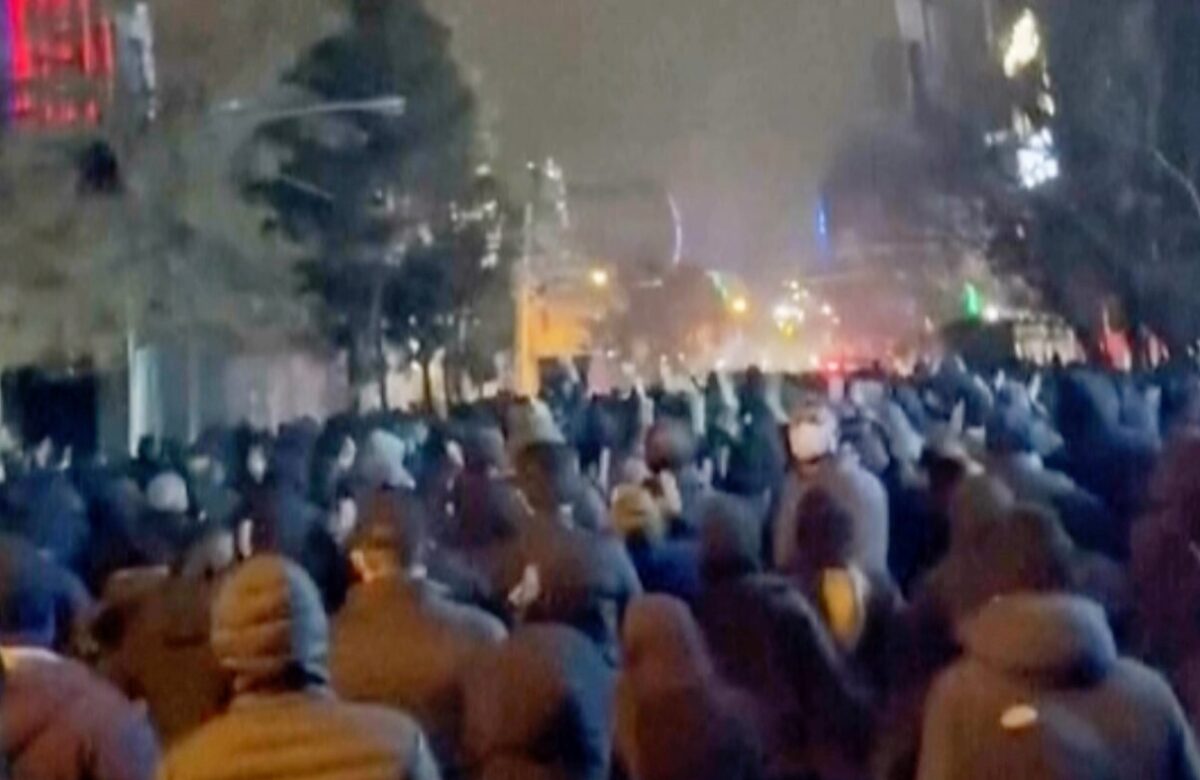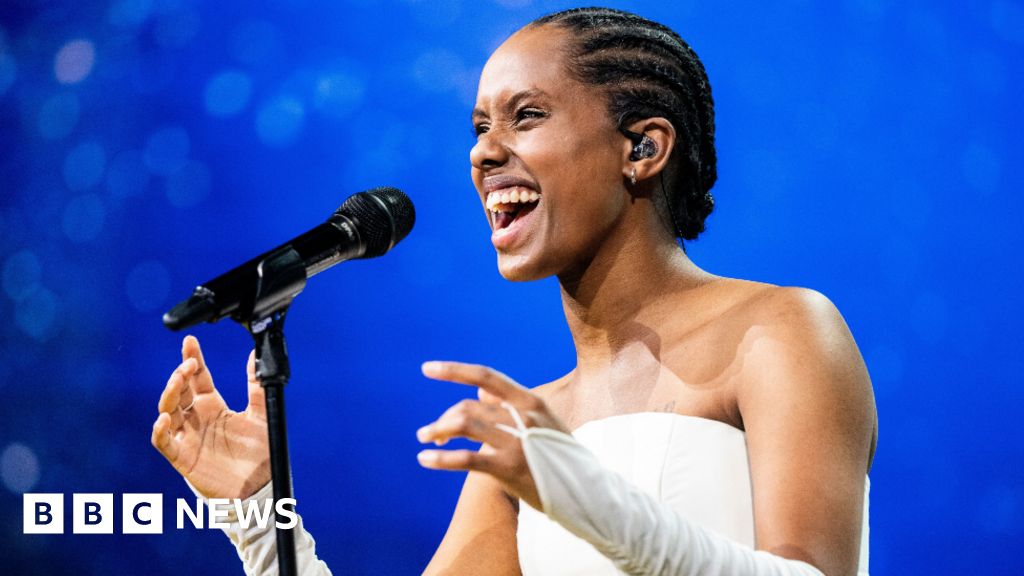
What is Eurovision, and where and when is the 2024 final taking place?
- International
- March 4, 2024
- No Comment
- 175
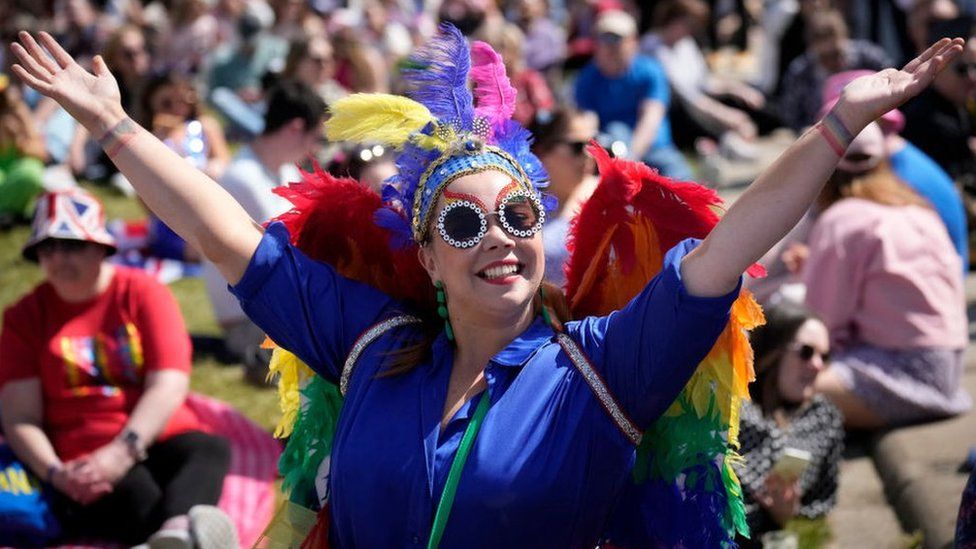
Liverpool hosted the 2023 contest after previous winners Ukraine were unable to due to the ongoing war
A year after Eurovision fans descended on Liverpool for a hugely successful event hosted on behalf of Ukraine, the annual song contest is heading to Sweden.
Alexander will join BBC Radio 2’s Zoe Ball later to officially launch the song and his Eurovision campaign.
Here’s everything you need to know about Eurovision ahead of the 2024 competition.
What is the Eurovision Song Contest and which countries take part?
Singer Saba was selected as Denmark’s entrant earlier this week
The Eurovision Song Contest is an annual televised song writing competition which is organised by The European Broadcasting Union (EBU).
Songs must be original and no more than three minutes long. Lead vocals must be performed live, and no more than six singers and dancers can take to the stage during the performance.
Most Eurovision countries are European. But Australia takes part every year after being invited to send an act to the 2015 contest as part of Eurovision’s 60th anniversary celebrations.
However, Australia cannot host. If it ever won, it would have to nominate a European nation to stage the contest on its behalf.
Other non-European countries including Israel are allowed to participate because they are members of the EBU.
Where is the 2024 Eurovision Song Contest taking place?
Loreen is one of only two people to score multiple Eurovision victories – the other being Ireland’s Johnny Logan
She became the first woman to win the contest twice, after triumphing in 2012 with Euphoria.
This year marks the third time Malmo has hosted Eurovision, and the seventh time it has been held in Sweden.
As 2024 is the 50th anniversary of Swedish group Abba’s first Eurovision win with Waterloo, there had been speculation about the band’s potential involvement.
When is the 2024 final and how can I watch?
The grand final will be held in the Malmo Arena on Saturday 11 May.
The semi-finals will take place on Tuesday 7 and Thursday 9 May.
Who is the UK entrant Olly Alexander and what is his song called?
A seasoned performer, Alexander has scored several top 10 hits around Europe
Alexander is already known around Europe for hits including Desire, King and If You’re Over Me.
He is also a Bafta-nominated actor, having played the lead role in Channel 4’s hard-hitting Aids drama It’s A Sin.
His Eurovision entry, Dizzy, was co-written with Danny L Harle.
Why is Israel’s Eurovision entry controversial?
Israel will be represented by Eden Golan at this year’s contest
According to the Israel Hayom newspaper, the song references the victims of the 7 October Hamas attacks in Israel, with lyrics including: “They were all good children, each one of them.”
The contest’s rules forbid political messages, in a gesture to neutrality.
The EBU, which organises Eurovision, said it was assessing the song.
Separately, musicians from a number of participating countries have called for Israel to be suspended over the war in Gaza.
In December, Iceland’s Association of Composers and Lyricists published a statement saying Israel’s military action made its participation incompatible with an event “characterised by joy and optimism”.
So far, Eurovision organisers have resisted calls for Israel’s exclusion, saying the situations in Ukraine and Gaza are different.
How does the voting work?
DJ Windows95man and singer Henri Piispanen will represent Finland at the 2024 contest with their track No Rules
The semi-finals are decided entirely by a public vote from competing countries and people in the rest of the world.
For the final, every country which qualifies awards two sets of scores: one from a jury of experts and one by fans.
Each of their 10 favourite songs is given points – but they can’t vote for their own country’s song.
Their favourite act receives 12 points, their second-favourite ten points, their third choice eight points, and then seven points, and so on, down to one point for their tenth favourite.
Eurovision was one of the first televised competitions to let viewers vote.
Fans in Austria, Germany, Sweden, Switzerland and the UK began voting by phone in 1997.
The rest of the world was allowed to vote in 2023, with points given to the 10 most popular songs worldwide.
How much does Eurovision cost?
Each participating broadcaster pays an entrance fee to the EBU. France, Germany, Italy, Spain and UK pay the most, although the BBC does not make its contribution public.
BBC News was told that other countries were asked to pay more after Russia’s suspension. Three countries pulled out of the 2023 contest as a result.
It is thought staging the 2023 event in Liverpool cost the BBC between £8m and £17m. The UK government pledged £10m towards operational costs, while local authorities in Liverpool committed £4m.
Related Internet Links
The BBC is not responsible for the content of external sites.
#Eurovision #final #place


